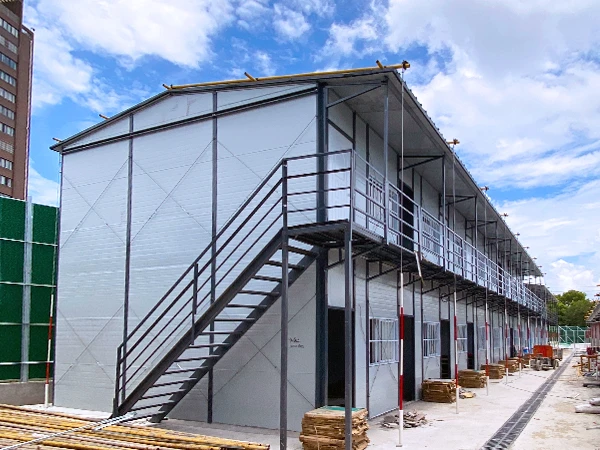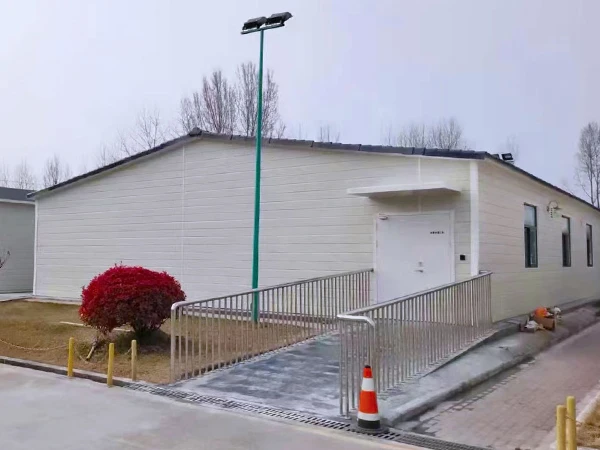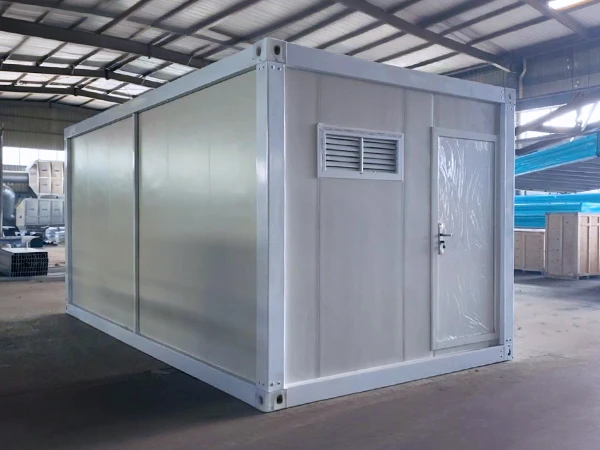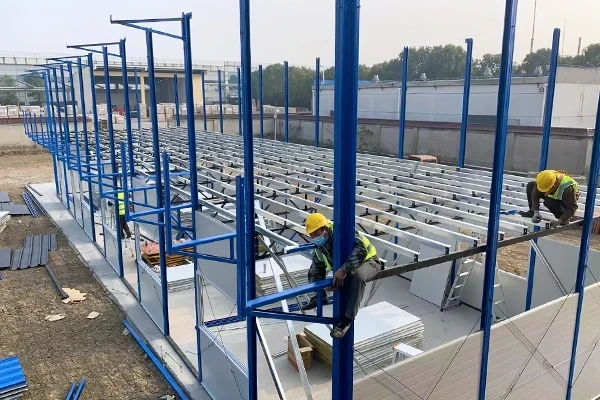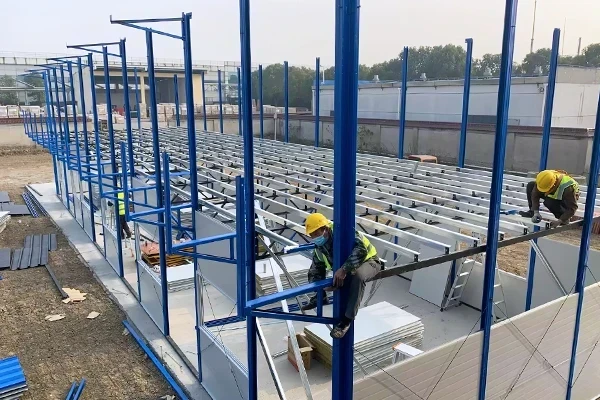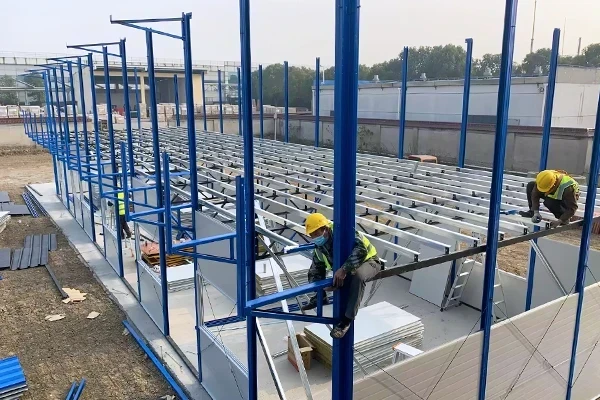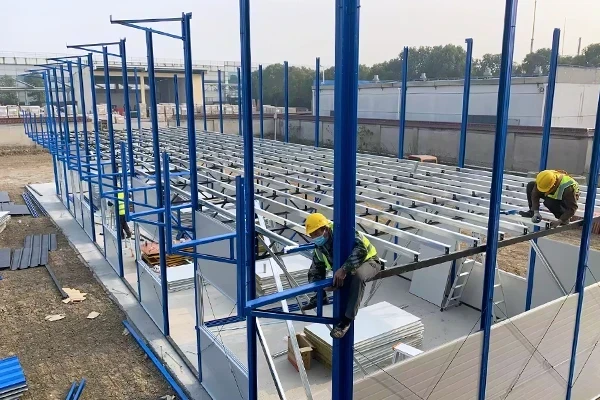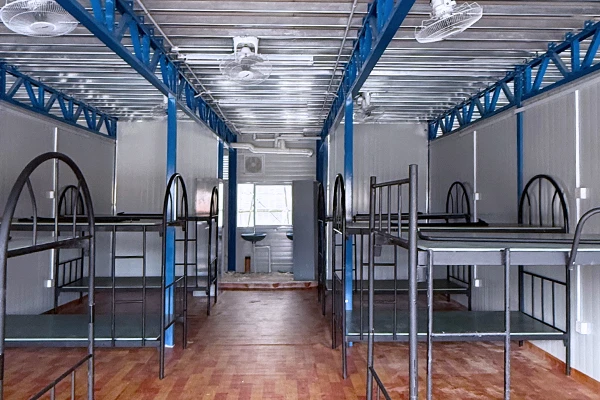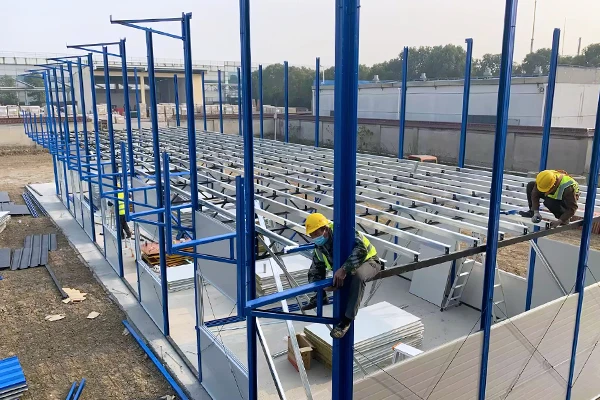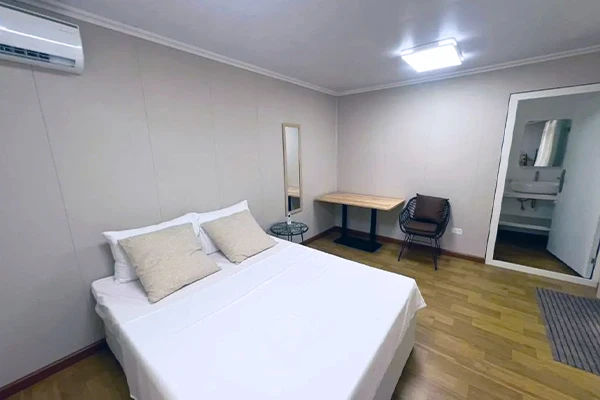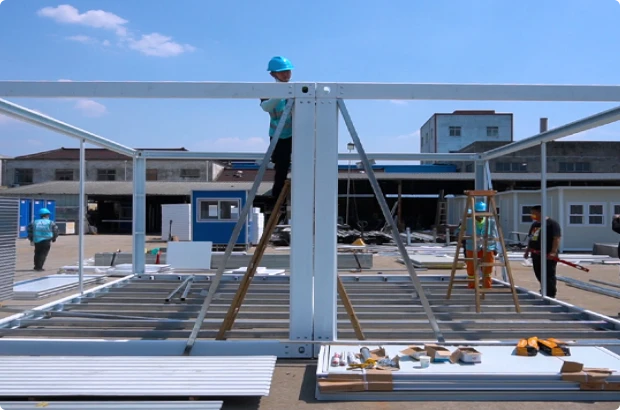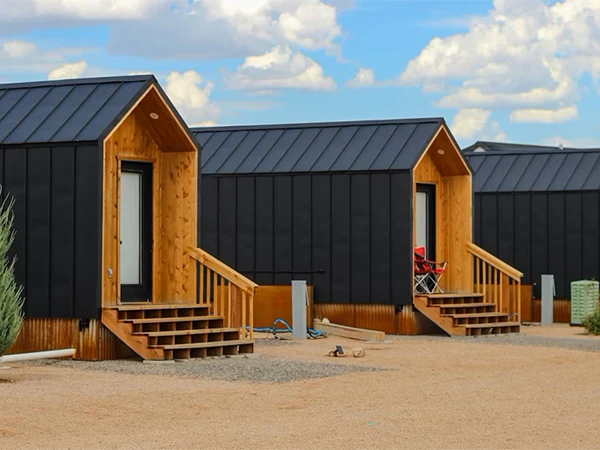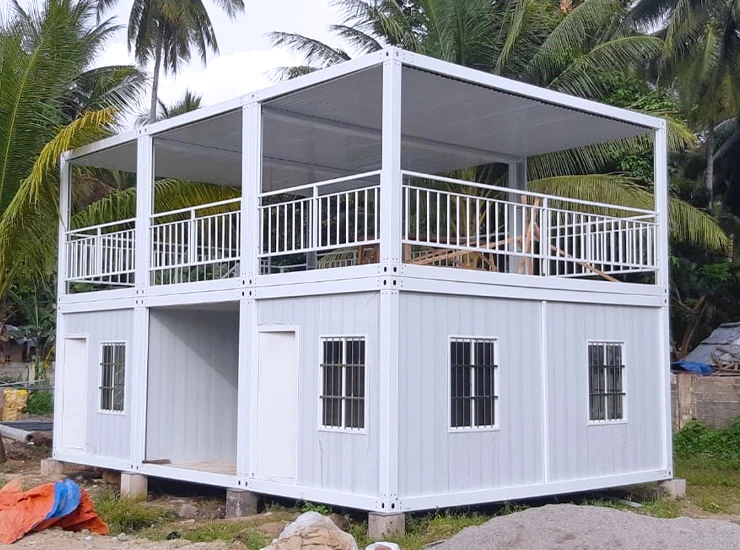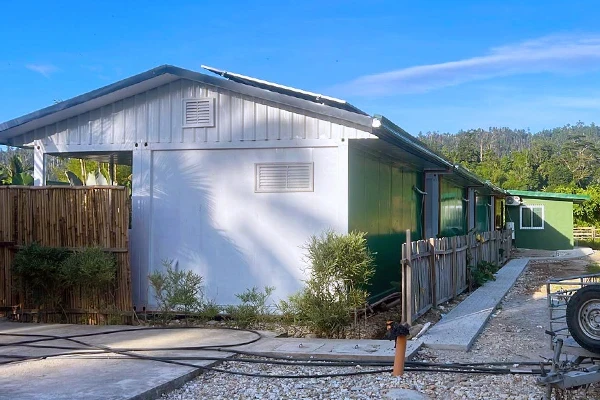Benefits of using containers bars
There are various reasons why using a container for your next bar project is a smart move.
Speed to market
A container bar is built for rapid opening. Because the structure, plumbing, electrical and service hatches are finished in-factory, you avoid long on-site construction. That translates to days or weeks instead of months to launch — critical for capturing seasonal trade, festival slots, or fast-turn pop-ups.
Benefits of using containers bars
There are various reasons why using a container for your next bar project is a smart move.
Designed for hospitality performance
Unlike a generic kiosk, a container bar is engineered for real bar workflows: optimized service counters, integrated refrigeration, and pre-plumbed sinks. That means faster service, safer food handling, and an efficient back-of-house that keeps queues moving and customers happy.
Benefits of using containers bars
There are various reasons why using a container for your next bar project is a smart move.
Mobility and new revenue channels
A container bar can be moved between sites or events with standard logistics. This mobility turns a single asset into multiple revenue opportunities — rooftop bars in summer, festival stands in fall, and private-event hire in between — increasing utilization and ROI compared with fixed builds.
Benefits of using containers bars
There are various reasons why using a container for your next bar project is a smart move.
Lower operating and maintenance cost
Marine-grade steel, corrosion protection and tested MEP systems make a container bar resilient and low maintenance. Fewer unexpected repairs, simpler service access, and standardized parts reduce downtime and ongoing costs, improving long-term profitability.
Benefits of using containers bars
There are various reasons why using a container for your next bar project is a smart move.
Compliance and predictable quality
Factory assembly allows for pre-testing of electrical, gas and HVAC systems so a container bar arrives ready for local inspections. That consistency shortens permitting cycles and reduces site surprises, which is especially important for foodservice and licensed premises.
Benefits of using containers bars
There are various reasons why using a container for your next bar project is a smart move.
Strong branding and guest experience
A container shell is a blank canvas — easy to wrap, paint, or clad. A well-designed container bar delivers instant visual impact and consistent branding across multiple locations while offering thoughtful customer-facing features like service hatches, covered terraces and lighting that extend operating hours.
Benefits of using containers bars
There are various reasons why using a container for your next bar project is a smart move.
Scalable and repeatable business model
From single-unit pop-ups to stacked, multi-level venues, the container bar concept scales naturally. Standardized modules make replication, staff training, and rollout simple — ideal for operators pursuing multi-site growth or franchise models.
A container bar combines hospitality-focused engineering with mobility and cost advantages, making it one of the smartest ways to open, scale, and operate a modern bar concept.
Speed to market
Designed for hospitality performance
Mobility and new revenue channels
Lower operating and maintenance cost
Compliance and predictable quality
Strong branding and guest experience
Scalable and repeatable business model
How much does it cost to make a container bar?
Typical converted container bar projects fall within a broad range — from around $20,000 to $90,000 USD, depending on complexity, equipment, and finish level.
Pricing for a converted container bar varies widely by size, equipment and finish level: entry-level turnkey models suited for pop-ups sit at the lower end of the scale, mid-range bars with integrated refrigeration and food service fit-outs occupy the middle, and fully bespoke, multi-unit or rooftop venues represent the premium tier. Major customization choices — such as commercial kitchens and extraction, enhanced insulation and glazing, rooftop terraces, solar systems, bespoke cladding, or advanced MEP integrations — will move a project from entry to mid or premium pricing. Factory conversion and pre-tested MEP deliver more predictable costs and faster delivery than ad-hoc on-site builds; contact our sales team for a tailored quote based on your desired container bar specification.

